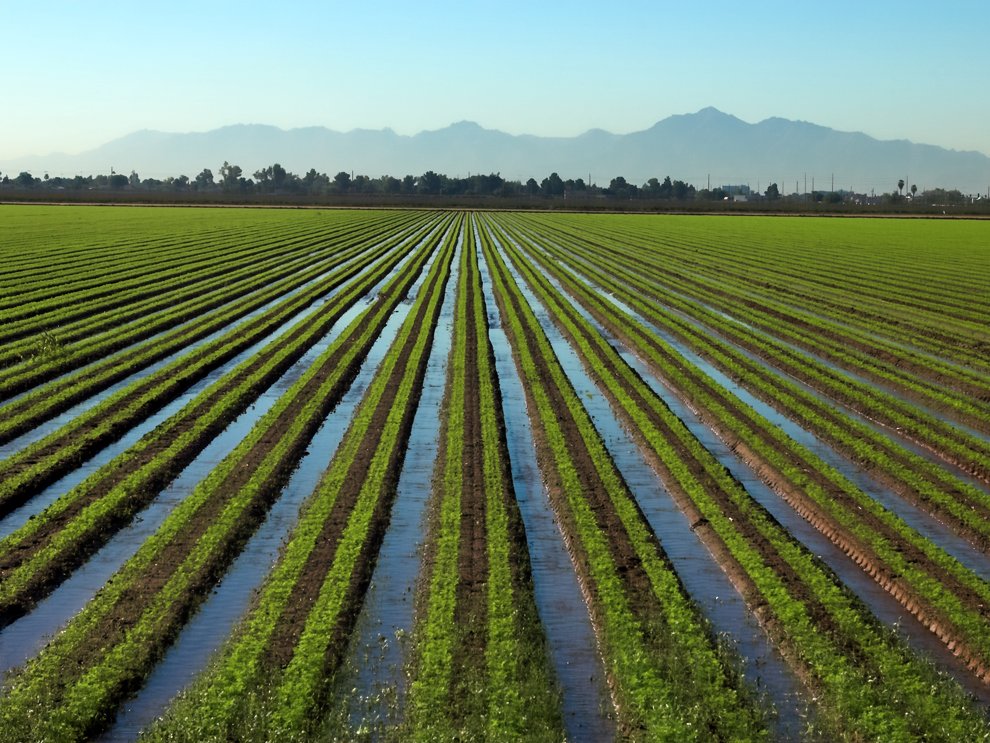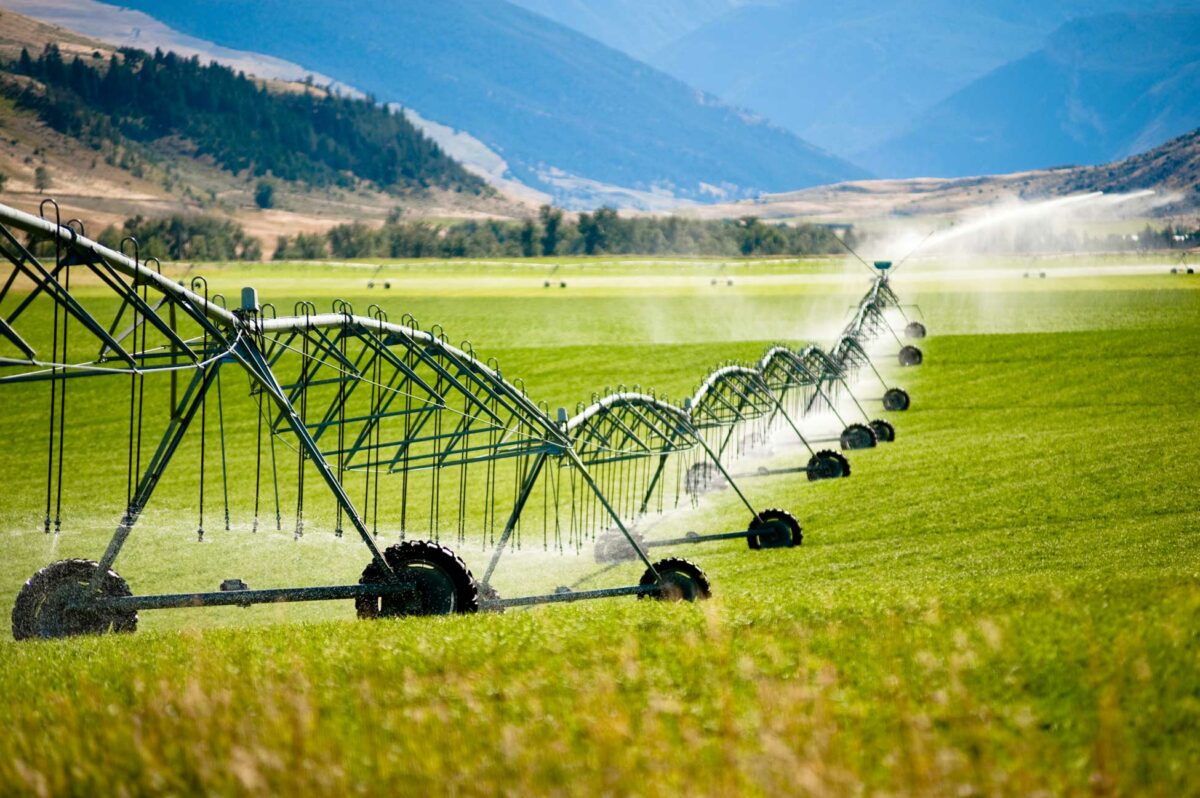Nigeria is a country with vast agricultural potential, boasting abundant land, water, and labour resources.
Agriculture serves as the backbone of the Nigerian economy, accounting for an average of 25 percent of its Gross Domestic Product (GDP) and employing over 60 percent of the workforce. It is also a major source of foreign exchange earnings. In addition to its economic importance, agriculture plays a vital role in food security and poverty reduction in Africa.
However, the country’s agricultural sector faces several challenges, including climate change and population growth. Climate change is disrupting weather patterns, leading to more frequent and severe droughts, floods, and extreme weather events. These disruptions are threatening crop yields and livestock production, putting food security at risk.
Population growth is also putting pressure on Nigeria’s agricultural resources. As the population grows, the demand for food increases and puts more pressure on land, water and other resources.
Sustainable agriculture is a system of farming that aims to produce food, fibre and other agricultural products while protecting the environment and ensuring long-term productivity. Sustainable agriculture practices include organic farming, conservation tillage, cover cropping, integrated pest management and agroforestry.
Sustainable agriculture offers several benefits such as:
1. Mitigating climate change: Sustainable agriculture practices can help mitigate climate change by reducing greenhouse gas emissions and sequestering carbon in the soil.
2. Enhancing food security: Sustainable agriculture can help to enhance food security by increasing crop yields, improving soil health and reducing post-harvest losses.
3. Improving soil health: Sustainable agriculture practices can help to improve soil health by increasing organic matter content, improving water retention and reducing erosion.
4. Protecting biodiversity: Sustainable agriculture practices can help to protect biodiversity by providing habitat for pollinators and other beneficial insects.
5. Improving farmer livelihoods: Sustainable agriculture can help improve farmer livelihoods by increasing productivity, reducing costs and improving access to markets.
READ ALSO: REPORT: Super-Rich 1% Responsible for Same Global Carbon Emission as 5 Billion People

READ ALSO: Africa Suffers $1.28trn Annual Climate Finance Gap, Says AFDB
Sustainable agriculture offers a promising pathway to address the interconnected challenges faced by Nigeria’s agricultural sector. By adopting sustainable practices, farmers can contribute to a more sustainable and food-secure future for all.
Governments, policymakers and the agricultural industry play a crucial role in promoting sustainable agriculture through research, education and financial incentives. Embracing sustainable agriculture is an essential step towards a healthier planet and a more equitable food system.
Sustainable agriculture is essential for ensuring Nigeria’s food security and addressing the challenges of climate change. By adopting sustainable practices, farmers can increase productivity, improve soil health and reduce greenhouse gas emissions. Governments, policymakers, and the agricultural industry can support the transition to sustainable agriculture through research, education and financial incentives.
Damilola Oyeyemi is a content creator, advocate and team lead at Emeraldmatters
Subscribe
Be the first to receive special investigative reports and features in your inbox.























